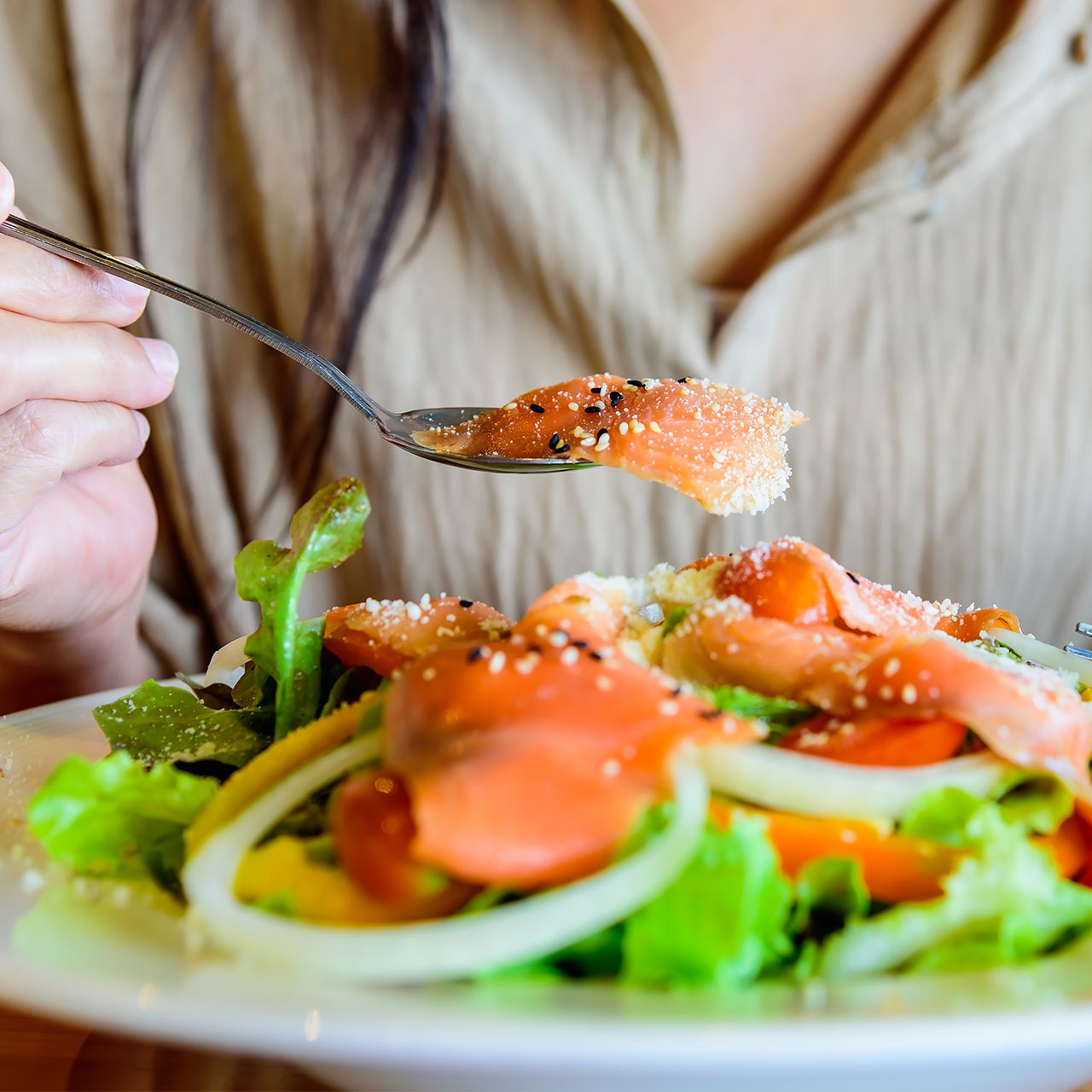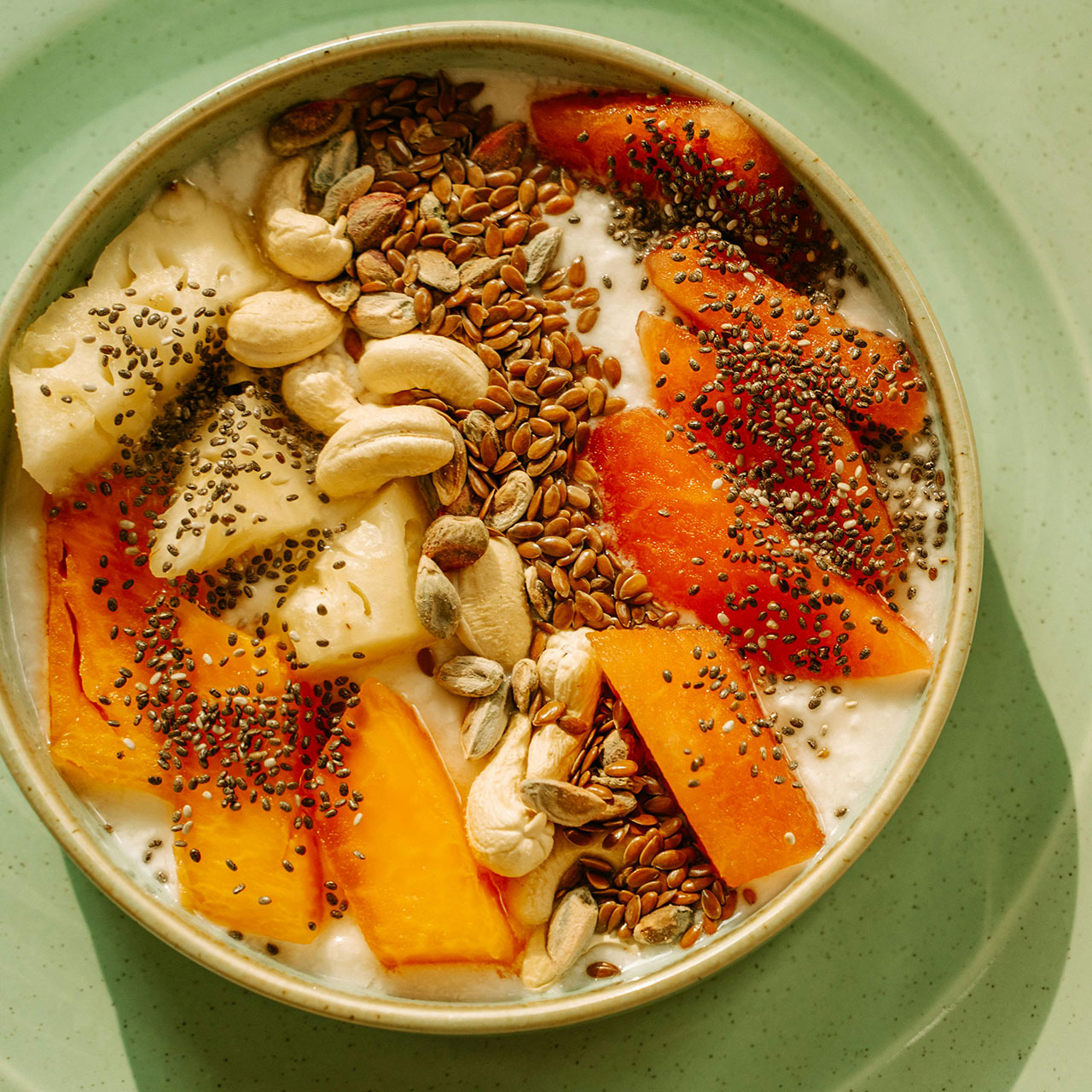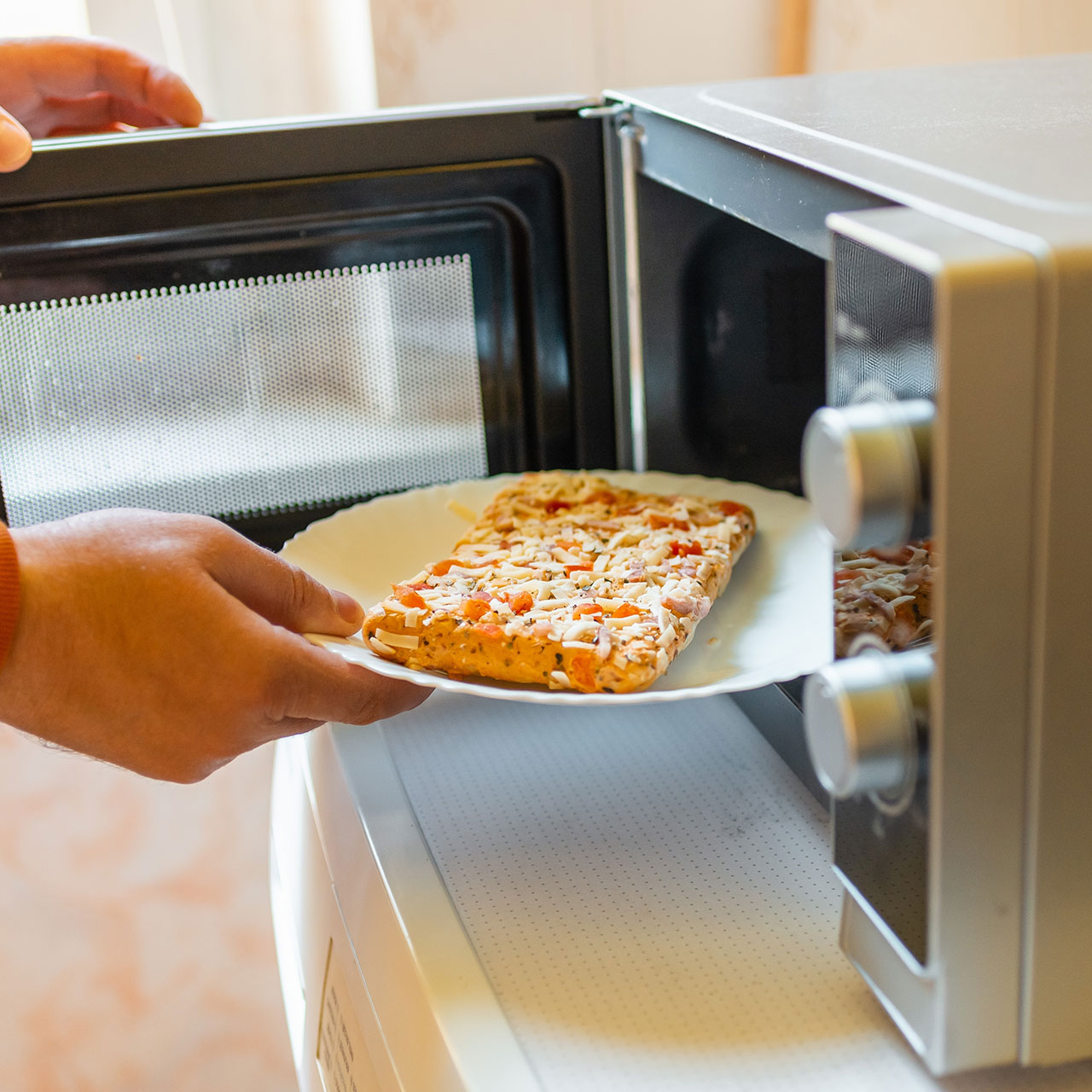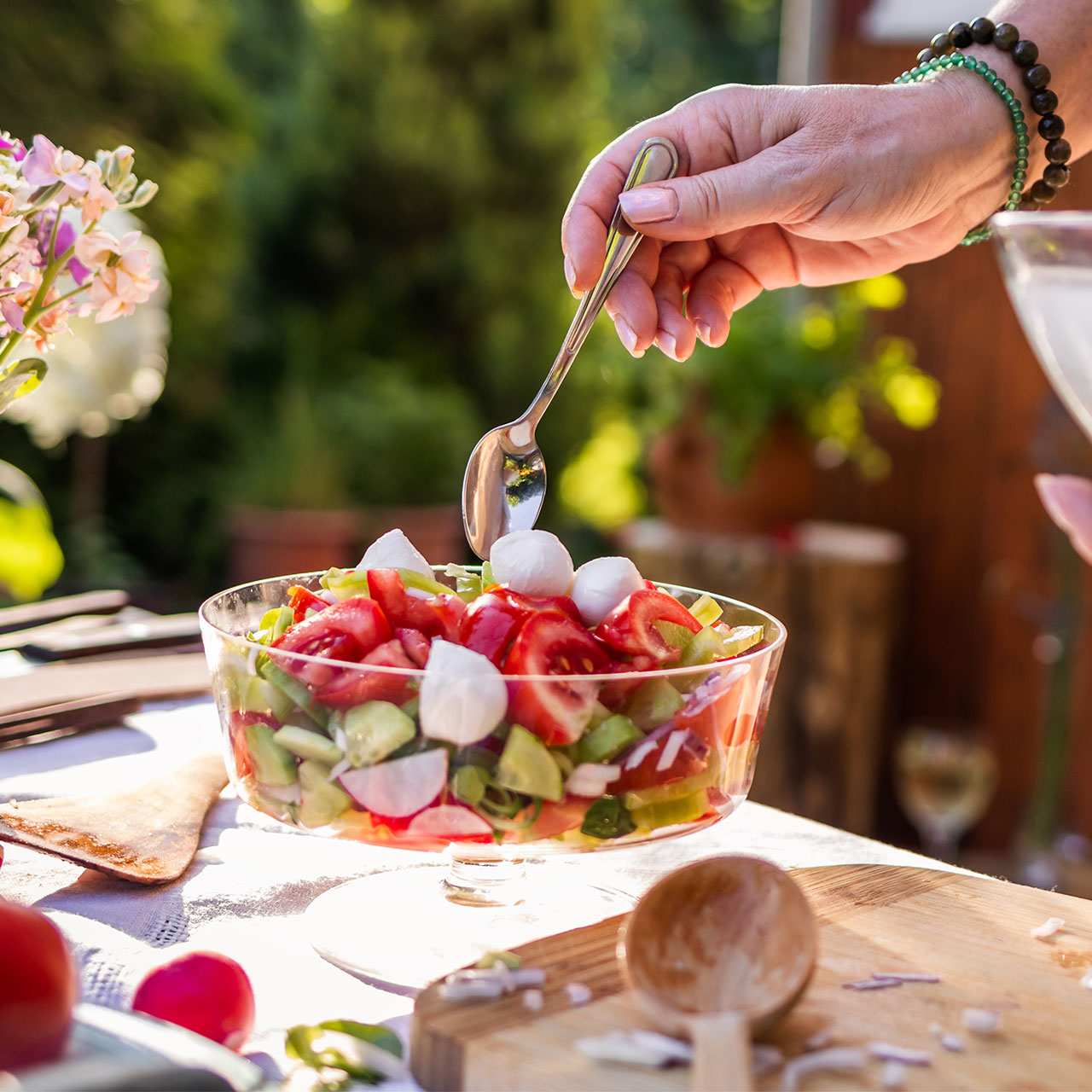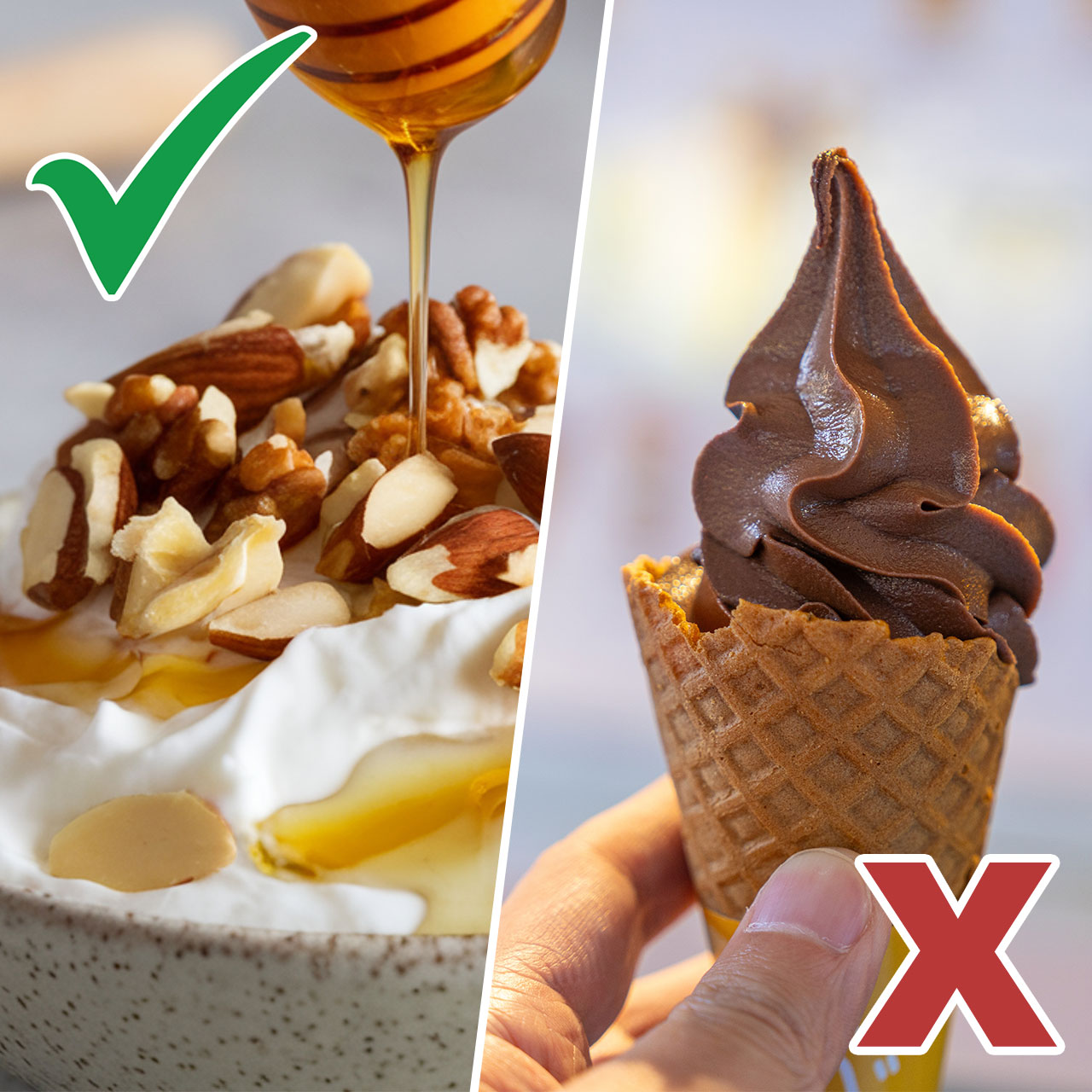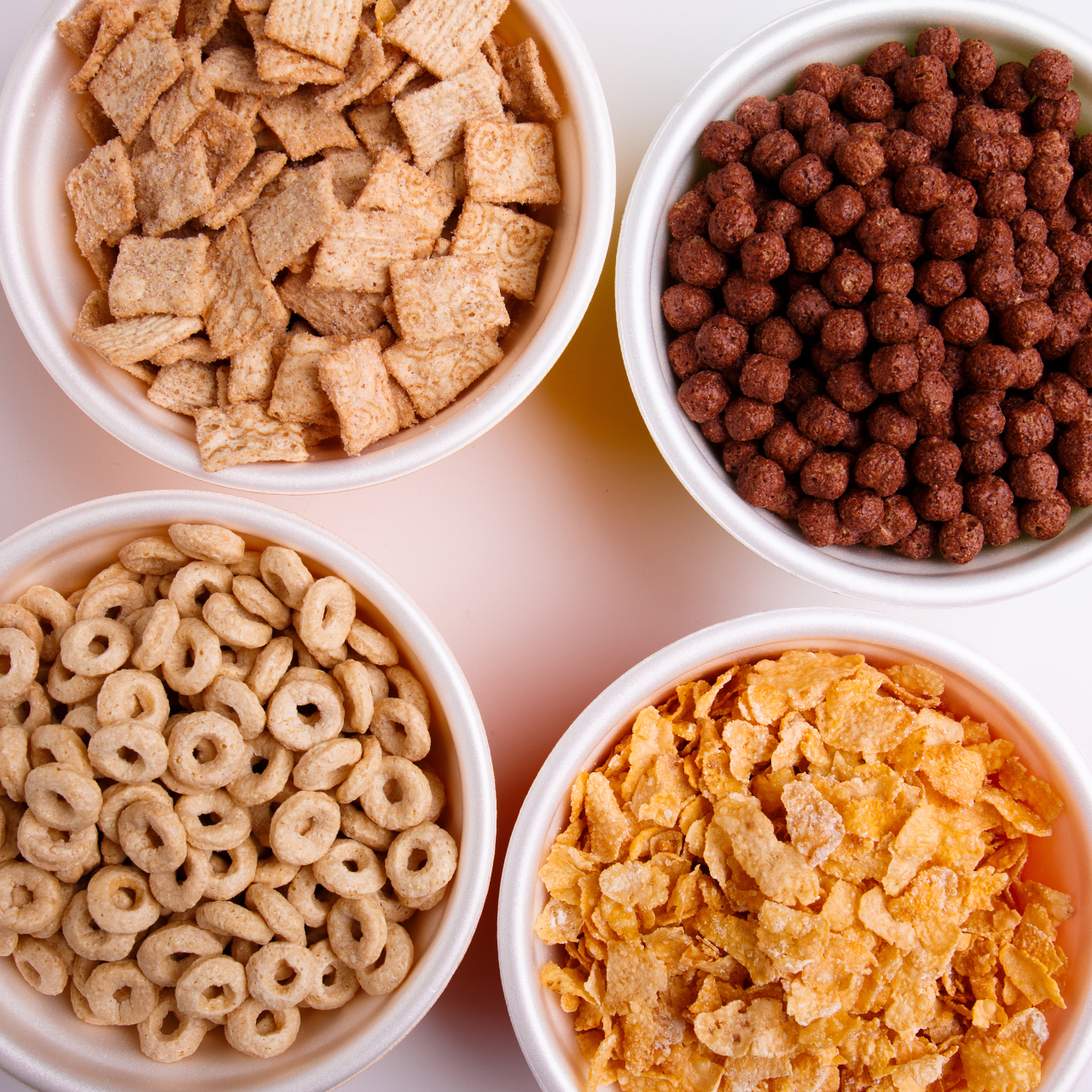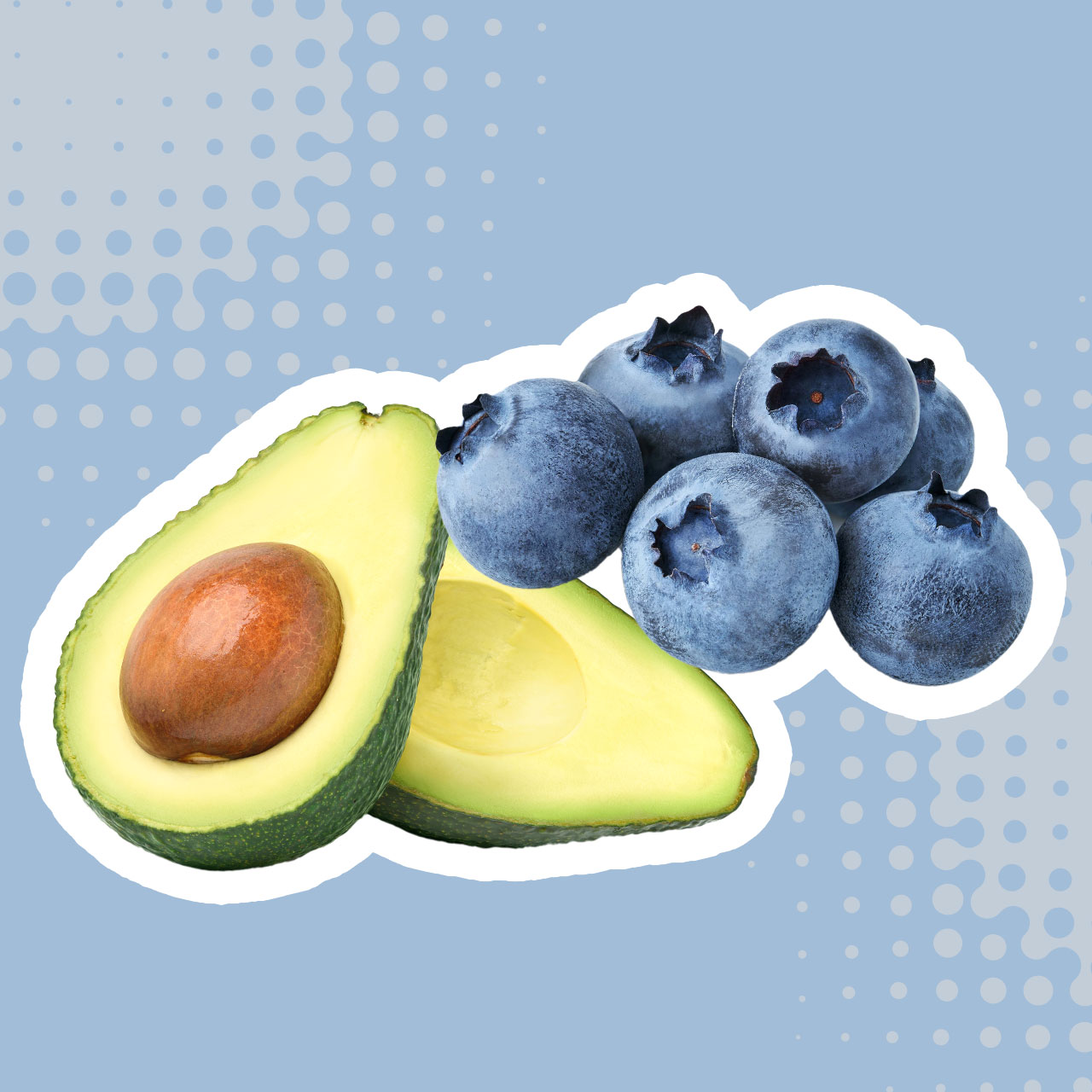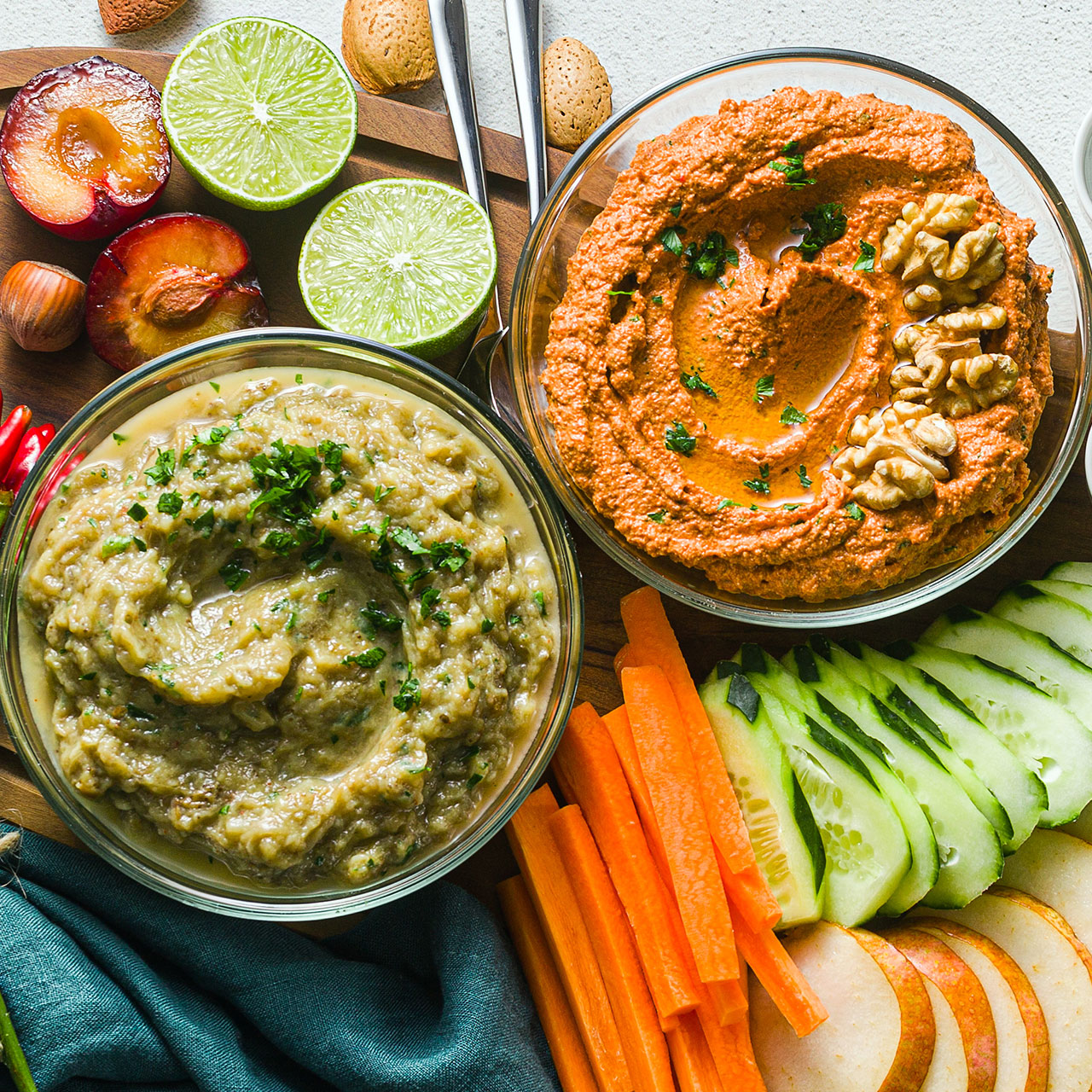Blood sugar, or glucose, is the body’s main source of energy, and maintaining balanced and stabilized levels is essential for overall wellbeing. When we eat, carbohydrates are broken down into glucose, which enters the bloodstream. While it’s no secret that sugar-loaded snacks can cause spikes in your blood sugar, some everyday foods can have the same effect.
We checked in with Destini Moody, a registered dietitian and certified specialist in sports dietetics; Shana Abraham, a NASM-certified personal trainer and Precision Nutrition-certified nutrition coach; dietitian Catherine Gervacio; Juliana Tamayo, MS, RD, a registered dietitian and health expert at Fitness Clone; Jesse Feder, a personal trainer and registered dietitian; Dr. Rimas Geiga, MD, a registered dietitian nutritionist; and Michelle Saari, MSc, RD, from eHealth project, to learn about nine different foods that can potentially spike your blood sugar. According to them, some of the worst offenders are cereal, bagels, sweetened yogurt, granola bars, and more. Read on to discover all nine.

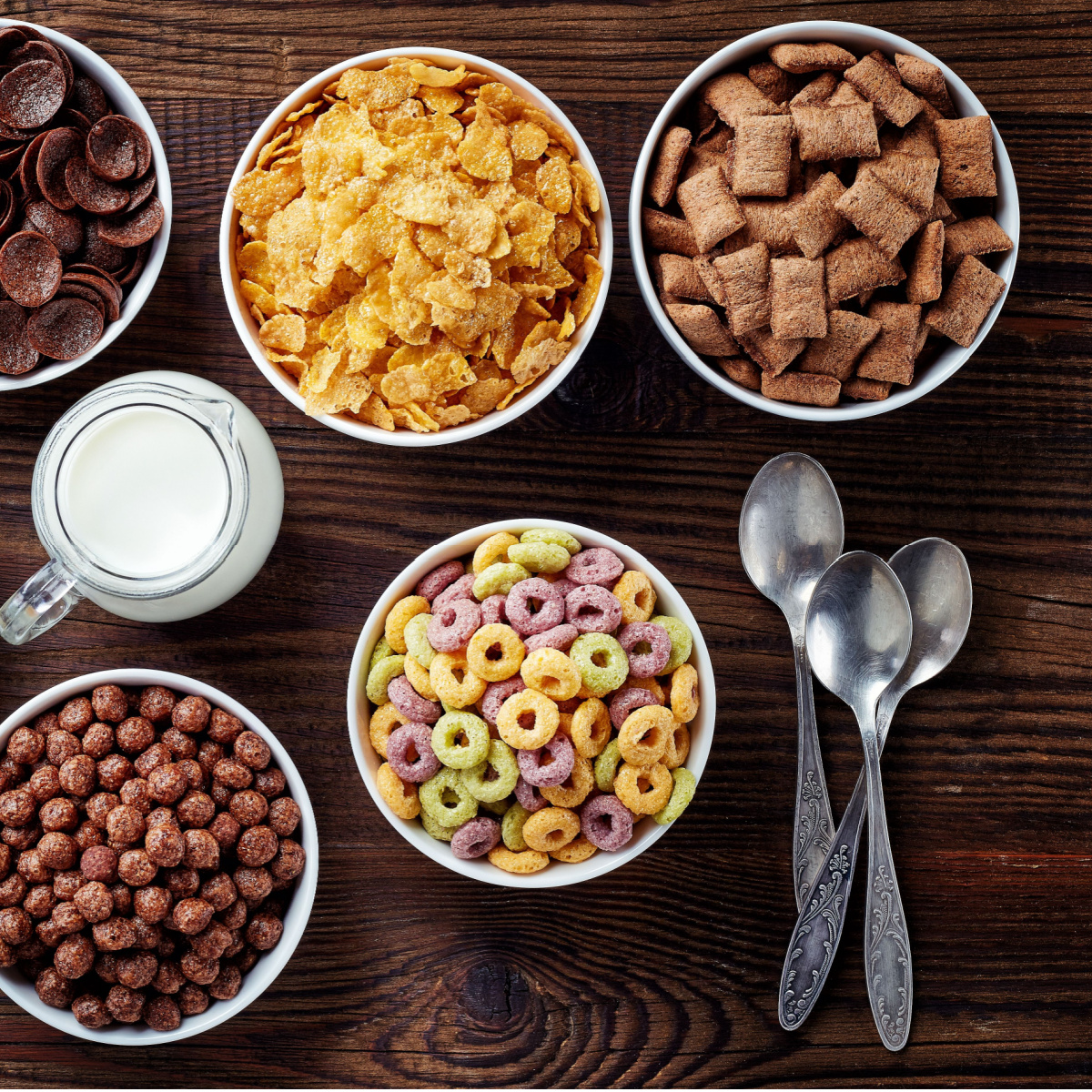
1. Cereals
Cereal is a popular breakfast staple that can be found in almost everyone’s pantry. But many commercially available cereals can cause blood sugar spikes because of their high levels of refined carbohydrates and added sugars.
Even the ones marketed as "healthy" or "whole grain" can contain significant amounts of hidden sugar, which rapidly breaks down into glucose, leading to a quick increase in blood sugar levels.
"Cereals are often very high in sugar and low in fiber, which means they pass through your digestive system quickly. Fiber keeps you feeling fuller for longer, which helps control your food intake and prevent weight gain. It also causes slower digestion, which means a slower release of energy into your bloodstream throughout the day. Even brands like Special K and Life, which are heavily marketed as weight loss-friendly cereals, have the same low amount of fiber found in the common sugary brands like Frosted Flakes," Moody says.
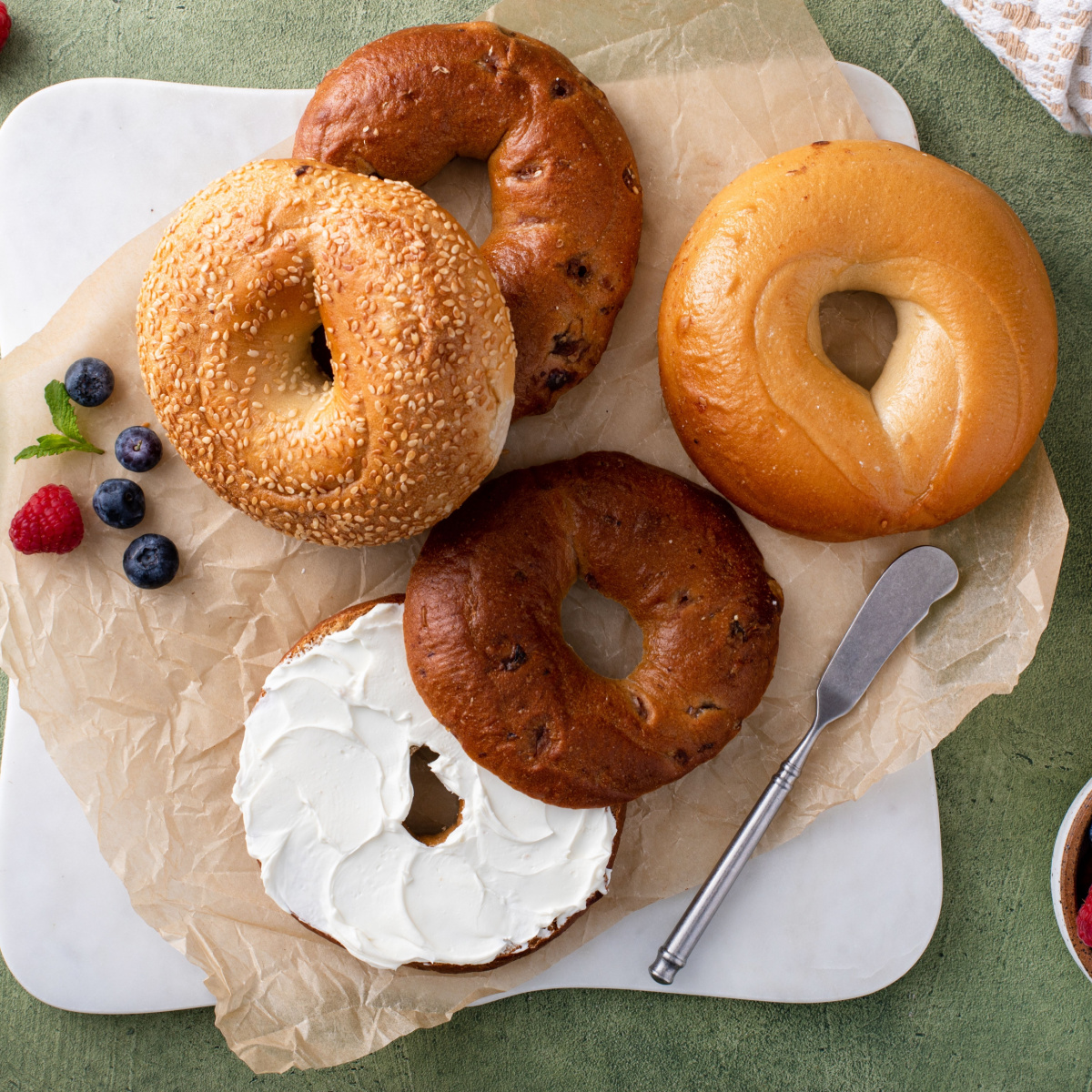
2. Bagels
While certainly delicious, many bagels are dense and often large, meaning they contain high amounts of carbs in one serving. Without enough fiber or protein to slow down glucose absorption, eating a bagel can lead to a sharp blood sugar spike. This is especially true when paired with sugary and high-calorie spreads or consumed on its own without balancing proteins or fats.
"Refined carbohydrates like bagels lack fiber and can lead to rapid spikes and crashes in blood sugar. Opting for whole-grain or alternative flour options can provide sustained energy and aid in weight loss," Abraham reveals.
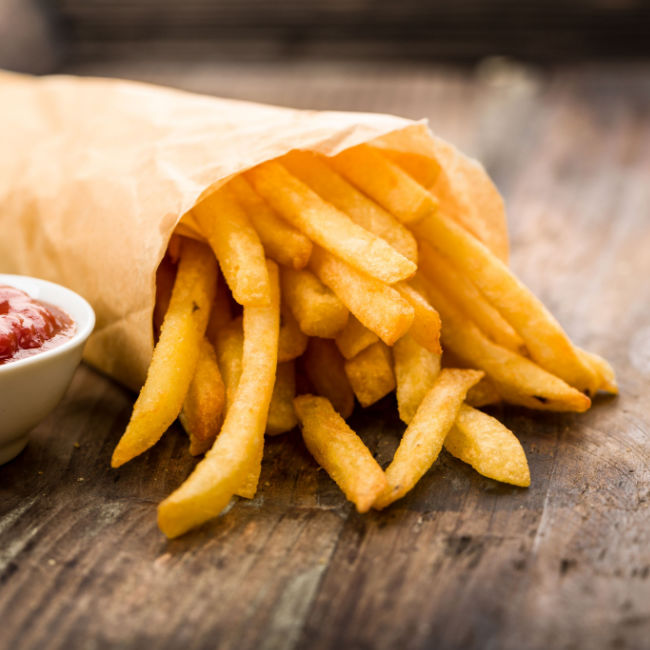
3. Fast-food French Fries
You may associate fast food menu items with weight gain, but they can also impact your blood sugar levels. Usually these potatoes are deep-fried in unhealthy oil, which can increase their calorie and fat content, but the main concern is the refined carbohydrates. These are quickly broken down into sugar in the bloodstream.
"French fries contain trans fat that contributes to inflammation and insulin resistance by interfering with the normal function of insulin," Gervacio says. "Also, trans fat is linked to an increase in visceral fat, which is stored around internal organs."
Instead, she says to "prepare French fries at home instead and bake them." However, "It’s also best to have boiled potatoes instead or opt for sweet potatoes for a lower glycemic index food." Check out some healthier fast food options here!
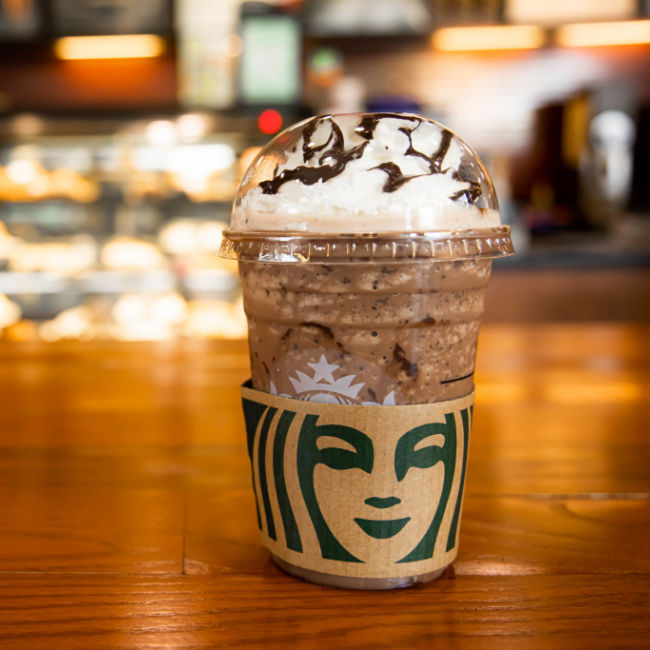
4. Sugary Coffees
While we all love our morning coffees, it may cost us if we’re not careful of its sugar content. Many coffee drinks, especially store-bought ones, are loaded with syrups, whipped cream, caramel drizzles, and other sweeteners that add a concerning amount of sugar. This rapid influx of sugar causes a swift rise in blood glucose levels.
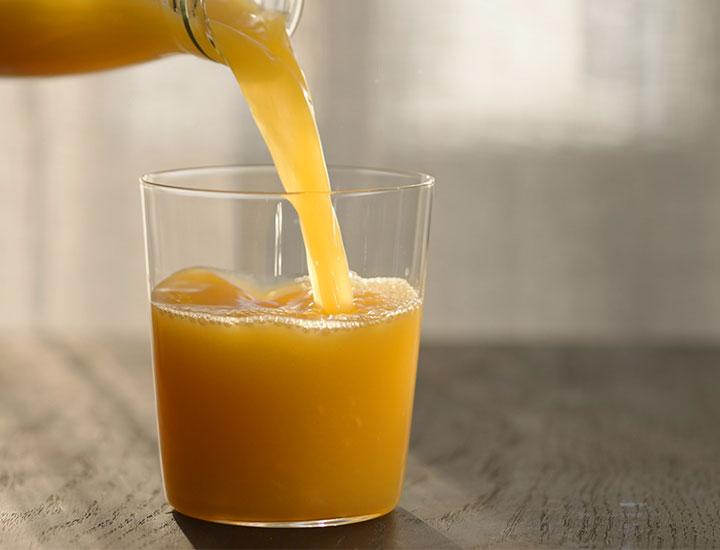
5. Fruit Juice
Fruit juice may sound healthy, but believe it or not, many of them contain a lot of sugar with barely any fiber. Fruit juices are often concentrated sources of natural sugars, like fructose, which are quickly absorbed into the bloodstream. Contrary to whole fruit, these juices lack the fiber that helps slow down the absorption of sugar.
"Artificially flavored fruit juices with high amounts of added sugars are the worst for weight gain and blood sugar. These typically include things like fruit punch, lemonade, Hawaiian punch, high-c, and fruit cocktail juices. These fruit juices contain very little fruit, if any at all," says Feder.
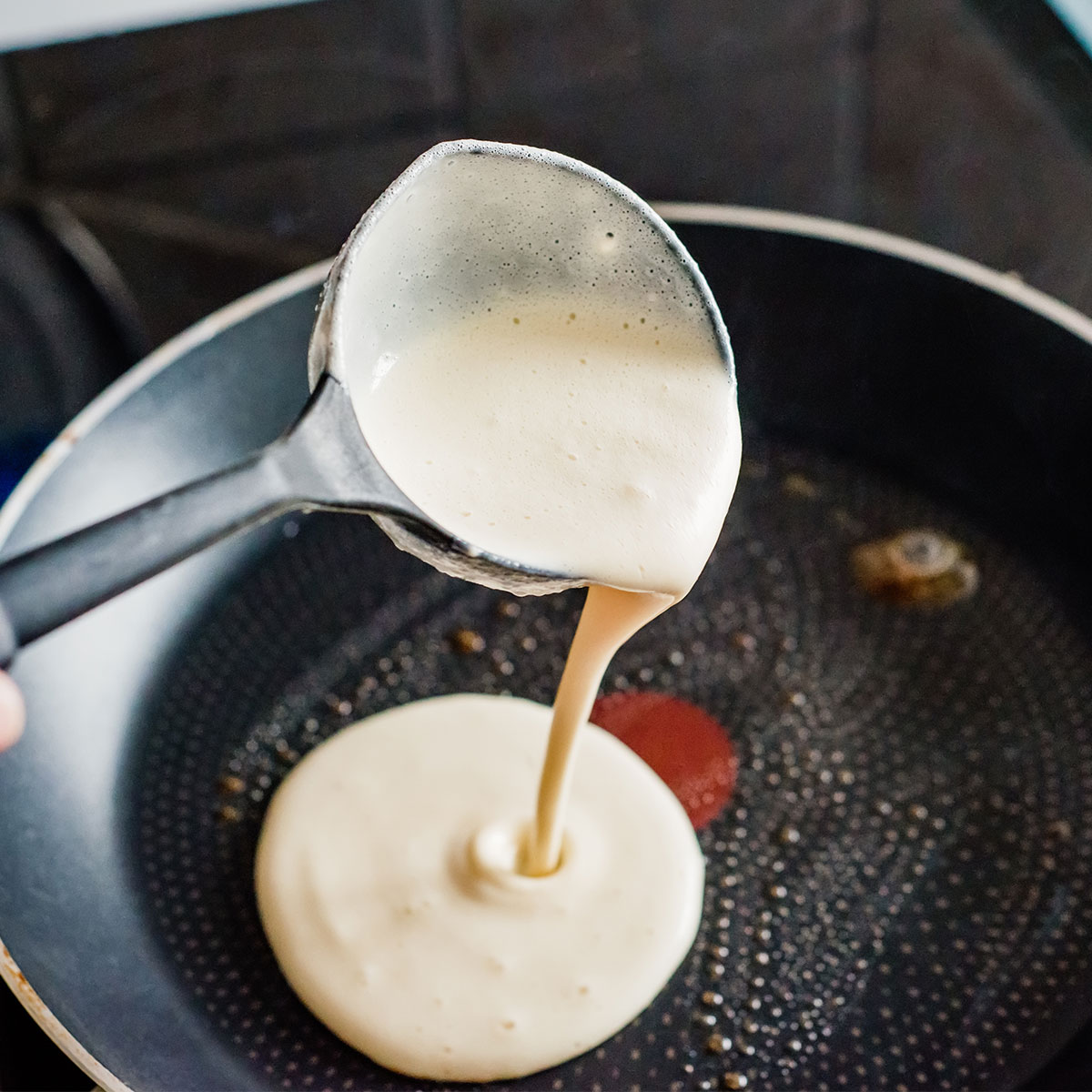
6. Pancakes with Syrup
There's nothing like homemade pancakes on a Sunday morning. But if you're watching your blood sugar and your weight, you may want to go with a healthier option. "Pancakes are refined carbs that spike blood sugar on their own, but adding sugary syrup compounds the problem," Dr. Natkin highlights. "1/4 cup of syrup contains over 50 grams of sugar, creating an unhealthy glycemic load." Consider making your own pancakes using whole-grain flour and minimal sweeteners, or skipping the syrup altogether in favor of fresh fruit toppings.
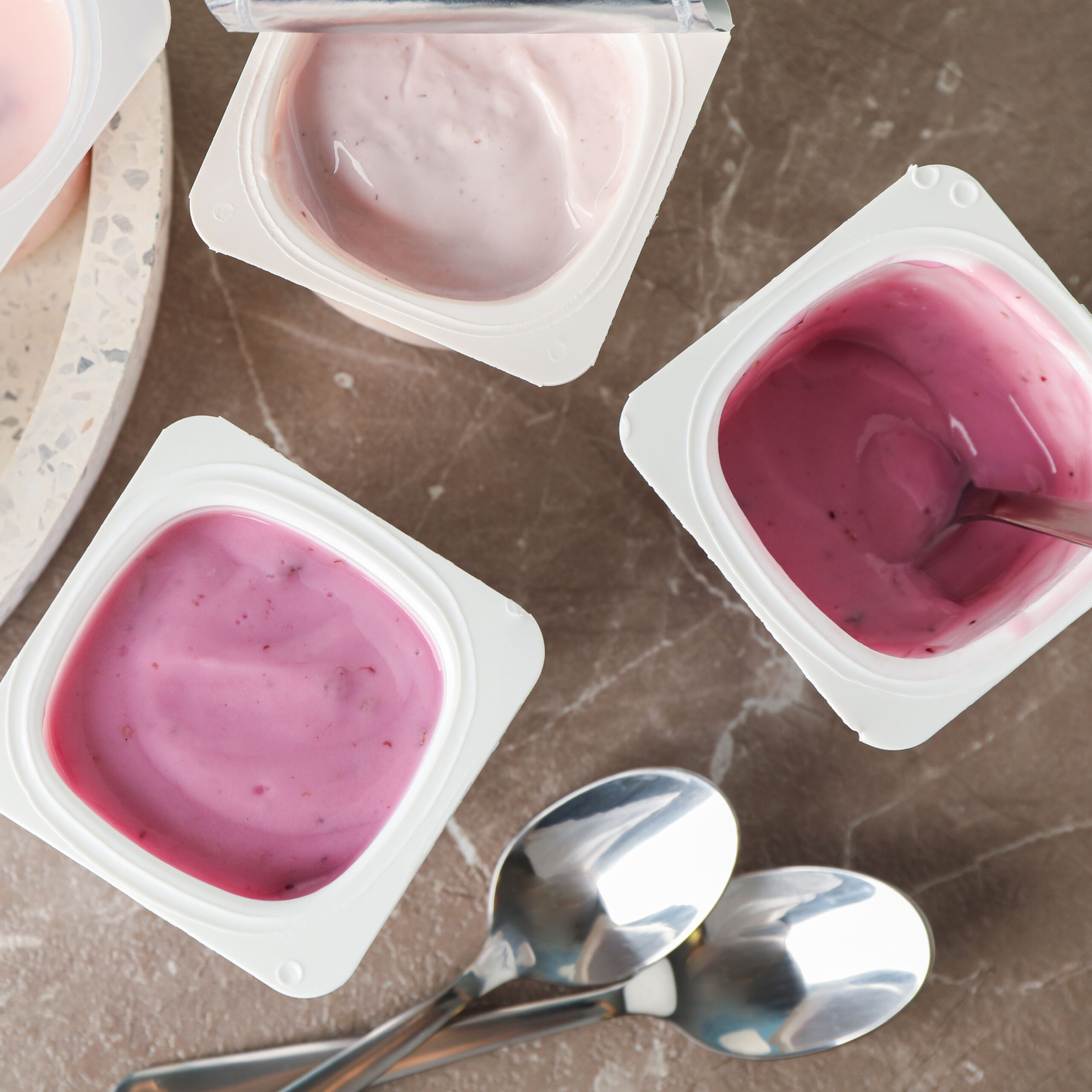
7. Sweetened Yogurts
Many sweetened yogurts are usually marketed in a way that makes you think they’re healthy for you. While yogurts like plain Greek yogurt have tons of benefits, it’s a different story with sweetened, processed ones. Sweetened yogurts often contain high amounts of added sugars, which are rapidly absorbed into the bloodstream. Like the other foods and drinks that are mentioned, these yogurts also lead to a quick increase in blood glucose levels.
"These days, you will notice that commercial yogurts are full of sugar and sweeteners with minimal protein content. Avoid regular yogurts that have no protein and only give you excess sugar," Tamayo tells us. Instead, try high-fiber Greek yogurt topped with fruit.
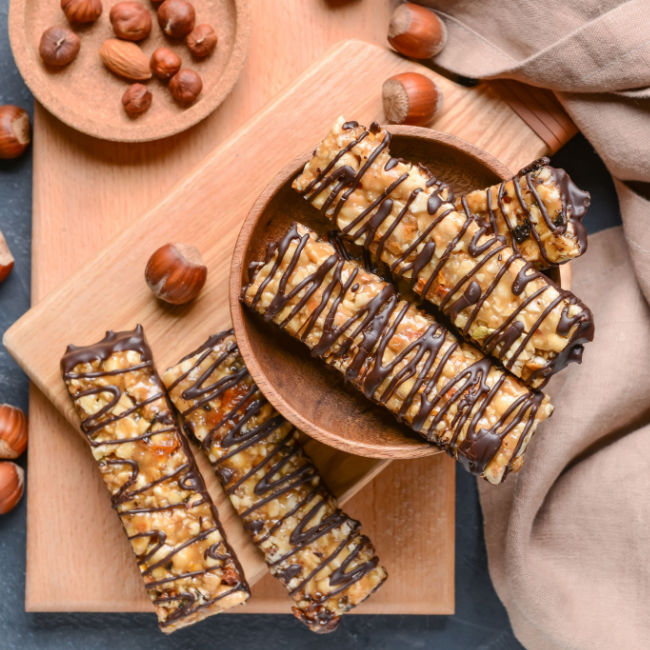
8. Granola Bars
We're all busy, especially in the mornings! So as tempting as it is to load up on granola bars you can easily grab on your way out the door and eat on-the-go, a lot of options are unhealthy because of the hidden and high amounts of sugars. "Many commercially available breakfast bars are high in sugars and low in fiber," cautions Dr. Geiga. "Look for bars with whole grains, nuts, and seeds, or make your own at home." This ensures you have control over the ingredients and can avoid excessive sugar.
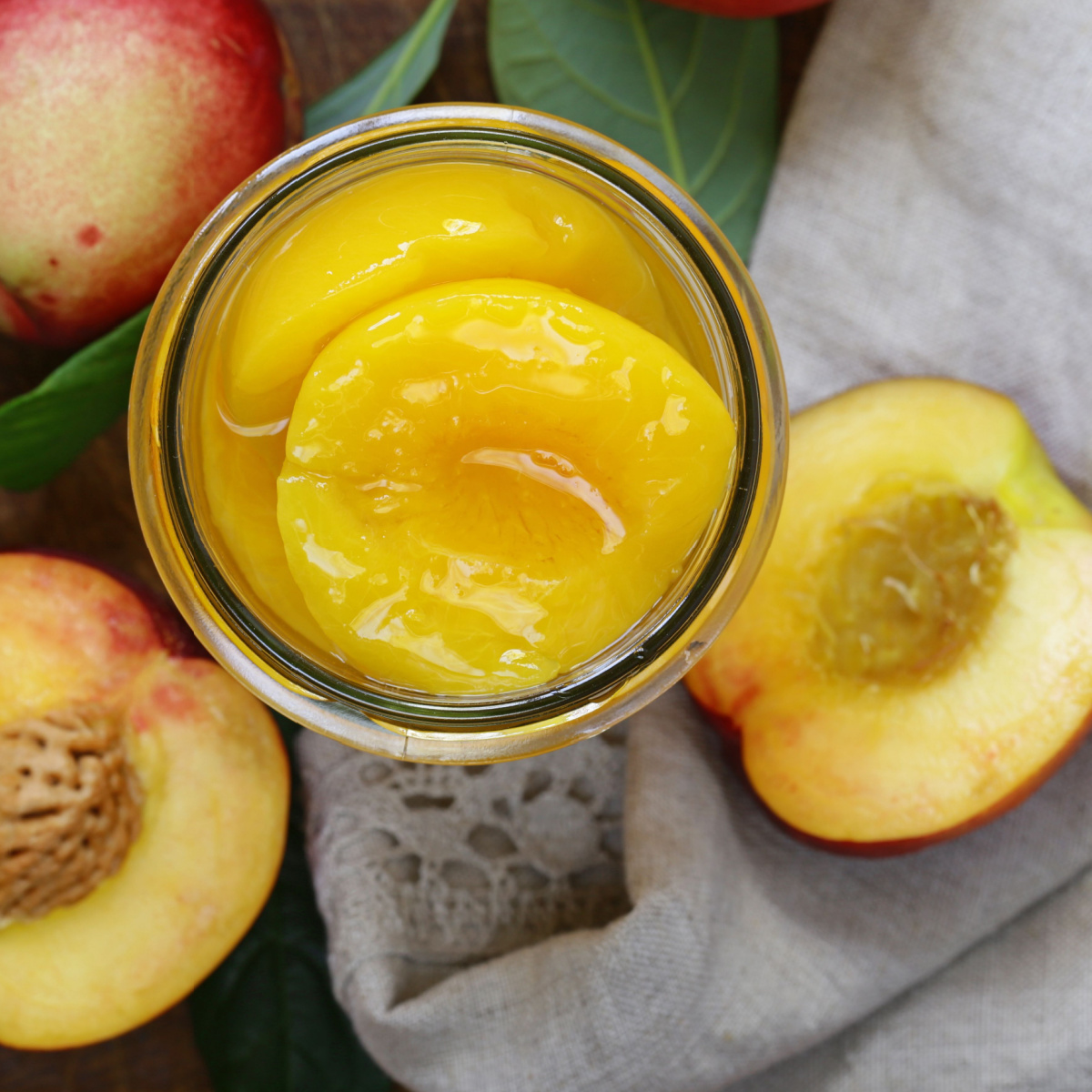
9. Canned Fruit in Syrup
While fruits can be a great choice for overall health, it’s important to remember that they have their own natural sugars in them. So when it comes to canned fruit with added syrups, the syrup used is often too high in added sugars like high-fructose corn syrup or regular sugar. These added sugars significantly increase the total sugar content of the fruit.
"Canned fruit that is preserved in syrup is not equivalent to fruit by itself. The syrup is typically high in added sugar in order to preserve it. I don’t recommend having fruit cups at all, but if you do, there are some that are preserved in water, which can reduce the added sugars. If your only option is fruit cups preserved in syrup, before you eat it, put it through a strainer and rinse it with water. This can help to wash off most of the syrup that was on the fruit," Saari says.


